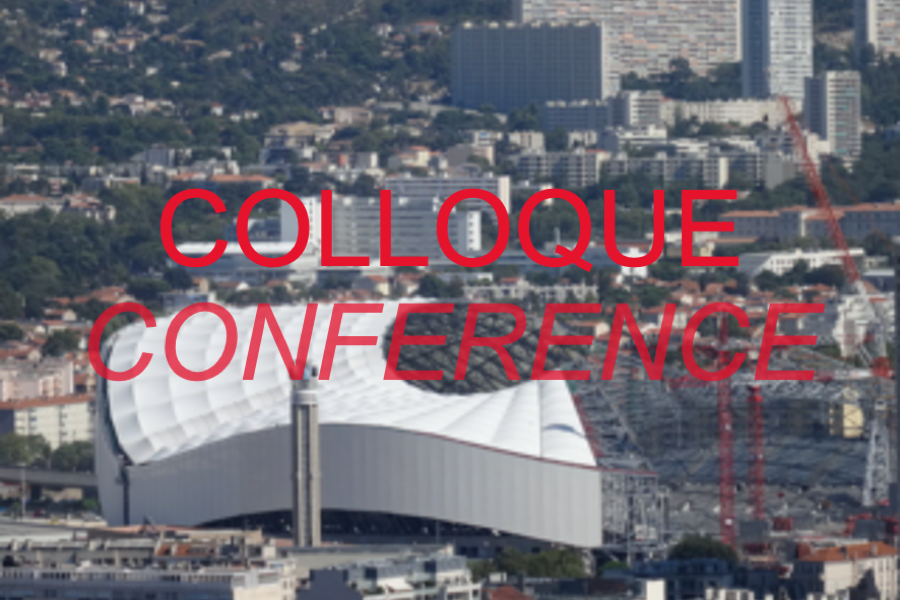
Call for papers for the ICPP6 – Toronto 2023, “T07P23 – Are cities fit for the climate crisis ? Assessing transformative change through Climate Action Plans and GHG inventories”, 27-29.06.2023
13 February 2023Clément Rivière, “Le passant décomposé”, La Vie des Idées, Décembre 2022
13 February 2023Cities are back in town & Atelier Interdisciplinaire de Recherches sur l’Environnement, La Demie-Journée – Transition Écologique / Thematic half-day – Ecological transition, 1.02.2023, 13:30-17:30
CITIES ARE BACK IN TOWN & AIRE (ATELIER INTERDISCIPLINAIRE DE RECHERCHES SUR L’ENVIRONNEMENT)
En présentiel /in-person – Événement bilingue / bilingual event
Sciences Po, Salle K011 1 place Saint-Thomas d’Aquin, 75007 Paris
13:30 – Remise des Prix de la Recherche Étudiante sur l’Environnement 2022 de l’Atelier Interdisciplinaire de Recherches sur l’Environnement / Awarding of prizes for the Interdisciplinary Environmental Research Workshop’s 2022 Student Research Prize on the Environment
14:00 – TABLE RONDE 1 – VILLES, POST-CROISSANCE ET TRANSITION JUSTE
Les villes étant le lieu principal de l’accumulation capitaliste et production des dommages infligés à la planète, la question de la décroissance et notamment d’une décroissance des villes, ou des métropoles, monte dans le débat public. Pourtant, ce que recouvre véritablement le terme, les politiques publiques que cela impliquerait, ses effets désirés et ses conséquences mal anticipées, tout cela reste peu clair, la décroissance restant essentiellement une spéculation intellectuelle et politique. Sur quels travaux scientifiques et sur quelles situations concrètes pouvons-nous nous appuyer pour cadrer ce débat et quelles questions de recherche pouvons-nous poser pour avancer des hypothèses et élaborer des enquêtes sur ce sujet ?
Intervenants/Speakers
Eloi Laurent, économiste, Sciences Po, OFCE, auteur entre autres de Sortir de la croissance : mode d’emploi (Les Liens qui libèrent, 2019)
Nicolas Rio, enseignant au master STU de l’école urbaine et consultant, coauteur avec Isabelle Baraud-Serfaty, Hélène Delhay et Clément Fourchy de Les modèles économiques des services urbains au défi de la sobriété, (Ibicity / Partie Prenante / Espelia, 2022)
Aurore Fransolet, chercheuse post-doctorale à l’IGEAT à l’Université Libre de Bruxelles, co-autrice avec avec Ela Callorda Fossati du rapport ‘The Transition Towards a Circular Economy in Brussels from an Exnovation Perspective. Actors’ Perceptions on Targeting Delinearisation’(2021)
Éric Verdeil, Sciences Po, CERI, auteur de Atlas des mondes urbains (Presses de Sciences Po, 2020) avec l’Atelier cartographique de Sciences Po.
15:30 – COFFEE BREAK
16:00 – ROUNDTABLE 2 – MEASURING, GOVERNING AND CONTESTING ENVIRONMENTAL RISKS IN THE ANTHROPOCENE CITY
Aiming to bring out core dimensions of ecological research within the Cities Are Back in Town network, this roundtable asks how environmental risks and vulnerabilities can be understood, identified, politicized and governed in cities that are increasingly threatened by climate change and other forms of environmental degradation. Critical scholars have problematized the often depoliticized and technomanagerial approach to urban climate adaptation that perceives risks as objective rather than as political and related to the needs and (unequal) vulnerabilities of communities. We bring together specialists on (environmental) risk governance, infrastructure development, vulnerability to environmental impacts, and environmental movements to discuss questions such as: How can risks relating to floods, draughts and other climate hazards be conceptualized, identified, measured and governed in cities? What notions of urban governance are (re-)produced in this process? What interests and perspectives are at the basis of such approaches? And what vulnerabilities to such risks are overlooked and how can they be politicized?
Speakers/Intervenants
Olivier Borraz, Sciences Po, CSO, author of Les politiques du risque (Presses de Sciences Po, 2007)
Samuel Rufat, Cergy Paris Université, co-author of ‘Five principles for climate-resilient cities’ (2021) with Christian Albert and Christian Kuhlicke
Joost de Moor, Sciences Po, CEE, co-author of ‘Vulnerability and activism in urban climate politics: An actor-centered approach to transformational adaptation in Malmö (Sweden)’ (2022) with Salvatore Paolo De Rosa and Marwa Dabaieh

